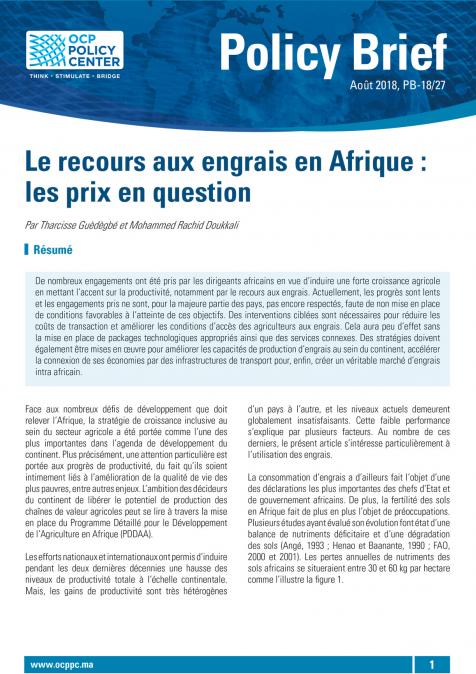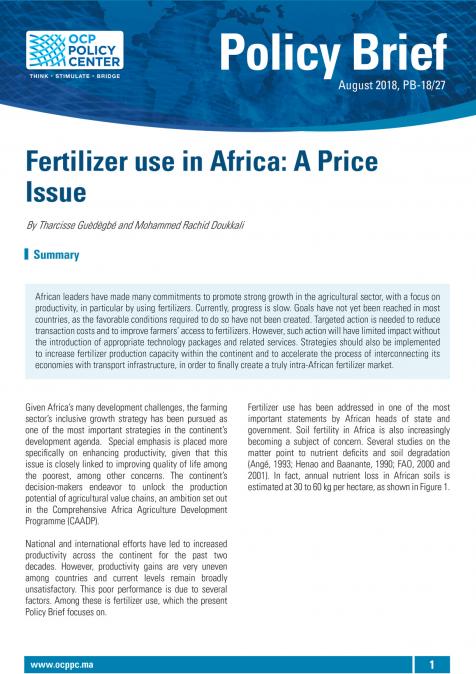Publications /
Policy Brief
Maintenance of macro and political stability over decades is essential for sustaining an environment where private incentives to invest in higher productivity and profitable agriculture can flourish and bear fruit. It is necessary, but not sufficient. Most countries experience periods of instability either due to price inflation, in terms of trade shocks, and/ or political stresses. Those countries that maintain macro and political stability over decades, despite these shocks, are those that are resilient and succeed. They bounce back and are stronger after such stresses. Their stability and resilience are anchored in their economic management, institutional makeup and caliber of their leadership. The maintenance of stability—macro and political—is becoming more challenging in view of the diverse structural factors that threaten to increase the levels and volatility of basic food prices, especially in economies still saddled with low productivity agricultures and extensive poverty










